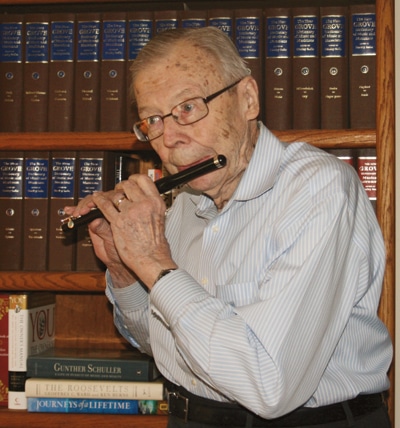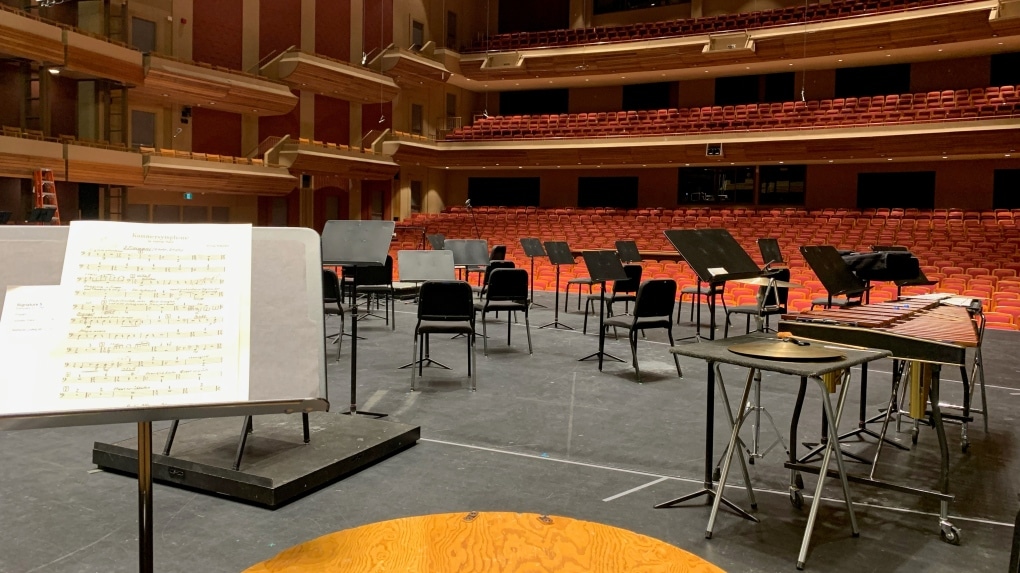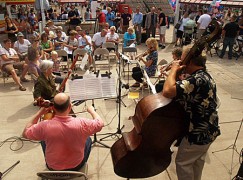Let us now praise Thielemann
mainIn my monthly essay for Standpoint, I analyse the thoughts of Maestro Thielemann as expressed in his book, My Life with Wagner (Weidenfeld, £25).
Sample text:
Here’s Thielemann:
Sometimes I have nightmares. I dream that artistic quality is out of tune. I dream that art and music are destroying themselves because the quality has gone wrong. Because far too much that is trivial, empty, superficial and indifferent is rife, and is tolerated. And because none of us can find genuinely creative time to spare any more, either for ourselves or for such great work as Richard Wagner’s.
The world is a terrible place, says Thielemann. Since we can do nothing to improve human conduct, let us observe it from a safe theatrical distance and derive what comfort we can from our personal detachment and innocence. The greatest sin — nightmare — would be to neglect or distort great art, the only thing that might redeem us. Accept that the word is evil. Make good art.
Read the full essay here.






Well, he is saying the obvious common sense. Everybody who is genuinely and seriously confronted by Wagner’s work, and especially the music, gets to the point that he begins to talk common sense. Who would have anticipated that!
I enjoyed that term, “Wagnerian common sense”, a rather insightful oxymoron surely telling us more about Wagnerians than about the composer.
PS: Thielemann describes Wagner operas as opportunities for ventilation of evil. That was already the aim of the old Greek dramas. But opera is, like any theatrical work, meant to offer sensations rarely met in real life, which gives pleasure, like watching horror movies. So, Thielemann says more about himself than about audiences.
But is Thielemann really saying what you are ascribing to him? Not on the words you quote alone, Mr. Lebrecht.
You are a journalist, and you have access that most don’t, so why don’t you just keep hounding him and his agent until you get an interview so that you can ask him all the tough questions you’ve always wanted to ask of him.
Good journalism could be more revealing and penetrating than the best arm-chair psychoanalysis, which we all could do on our own by buying his book.
he’s possibly the greatest conductor around and the fact that he only (read mainly) conducts ‘German’ repertoire is possibly because he isn’t asked to do the italian repertoire. He is a master in that too. Would love to hear him tackle some verismo masters.
Check Thielemann’s “Cav & Pag” here:
https://www.youtube.com/watch?v=HAHxy68ZZU8
Well, the world is certainly full of evil but not exclusively, otherwise none of use would get to work. The question of an omnipotent benign deity is trickier, as Epicurus pointed out a while ago. Incidentally, one can’t fail to be amused by the choice of publisher.
Why? Weidenfeld is a very well-established publisher in the UK. No messing with them!
As much as I adore opera and classical music, the older I get the less patience I have for aesthetics. The reality of the world is too powerful and grim for me to find much solace in art. That’s why I find those who wallow in ‘art for art’s sake’ pretty intolerable, to be honest. And a lot of the time, it is an excuse for boundless egotism and wallowing narcissism.
This was exactly the attitude which advocated, encouraged and implemented postwar atonal modernism, which broke with all musical traditions, reasoning that when the world is so ugly, art should speak the truth. A legitimate and understandable reaction.
But how does a true but ugly art contribute to the world? By increasing its ugliness?
Would a cancellation of all beautiful art – closing down orchestras, opera houses, museums – diminish the world’s ugliness?
What would inspire people to fight the world’s ugliness? Maybe an art that would confirm the best in the human being, for instance: beautiful art / music?
In WW II, people scrambled along the ruins of bombed city centres to classical music concerts to feel again, if only for a moment, what it means to be human. But what if they were cancelled because of ‘not being true’?
Committed and staggeringly insightful cultural conservative, or high-functioning autistic anti-social anorak? You decide.
They can go together quite well.
Oh ! for the good old days of Celibidache !